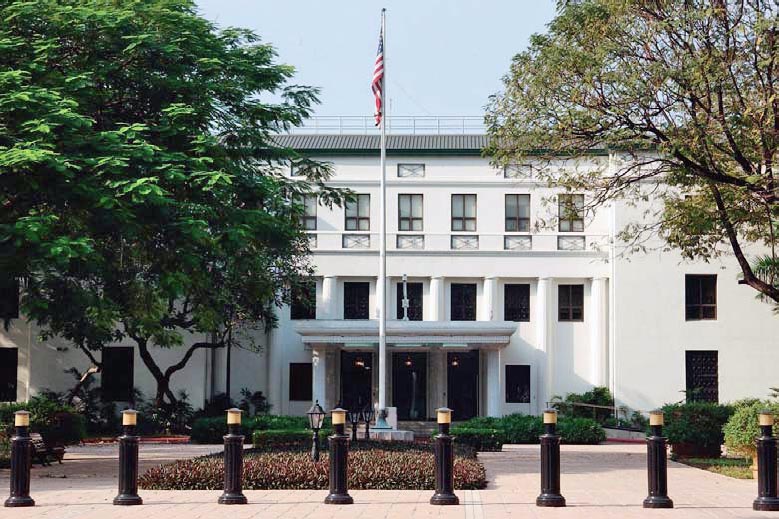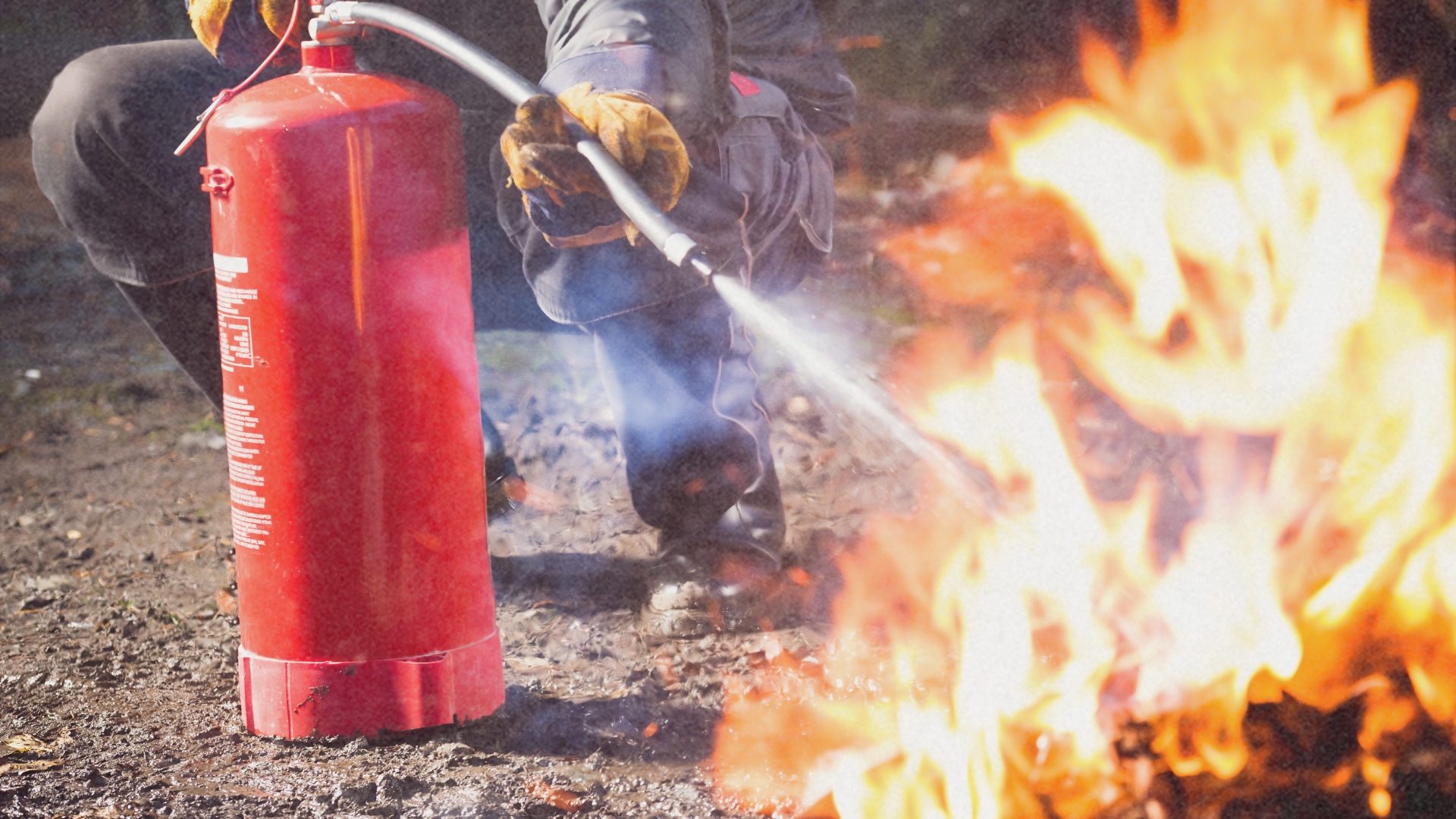The improvised bomb that threatened the U.S. Embassy was similar to the one that exploded in Davao last September.

November 28, 2016 – A suspected bomb was found in a trash bin near the U.S. Embassy, along Roxas Boulevard around 7:15 a.m. Police immediately evacuated part of the U.S. Embassy and closed a stretch of Roxas Boulevard, from Kalaw to Quirino Avenues to traffic.
A street sweeper reportedly called police after inspecting the package tossed into the bin from a taxi. She found a cellphone attached with wires to an improvised device.
The suspected bomb was detonated by police at around 8:00 a.m.; Roxas boulevard was completely reopened to traffic by 1:00 p.m.
Manila Police District chief, Senior Superintendent Joel Coronel, declared at around 9:00 a.m. that the bomb package was merely a “cellphone or some gadgets inside,” and that the threat had already passed. National Capital Region Police Office (NCRPO) head Chief Superintendent Oscar Albayalde confirmed during a radio interview with dzMM that the detonated package was an improvised explosive device made out of a blasting cap, detonator, cellphone, a 9-volt battery, and an 81-mm mortar.
He said this setup was similar to the improvised bomb that struck Davao City night market last September 2.
What to Do During Bomb Threats
The actions of the street-sweeper witnesses along Roxas Boulevard were apt and fortunate: As soon as they suspected something to be amiss, they immediately contacted the authorities.
Bomb threats are more often than not just empty threats from individuals ranging from political extortionists to mere pranksters.
Nevertheless, they must never be ignored or taken lightly. Any threat must immediately be reported to the authorities.
If the threat comes from an email or a parcel such as a letter, it must be given to the police for examination.
If the threat comes in by phone, the person who receives the call must try to extract as much information from the caller as possible, to be given to authorities immediately after. Find out as many details about where the bomb is, and when it will explode. Take in clues about the caller’s identity and location by listening to their voice and to the background noise.
And, even if you suspect that a threat called in right before an important exam was just from a student trying to disrupt classes, take it seriously. Remember that making even empty bomb threats is punishable by law.





